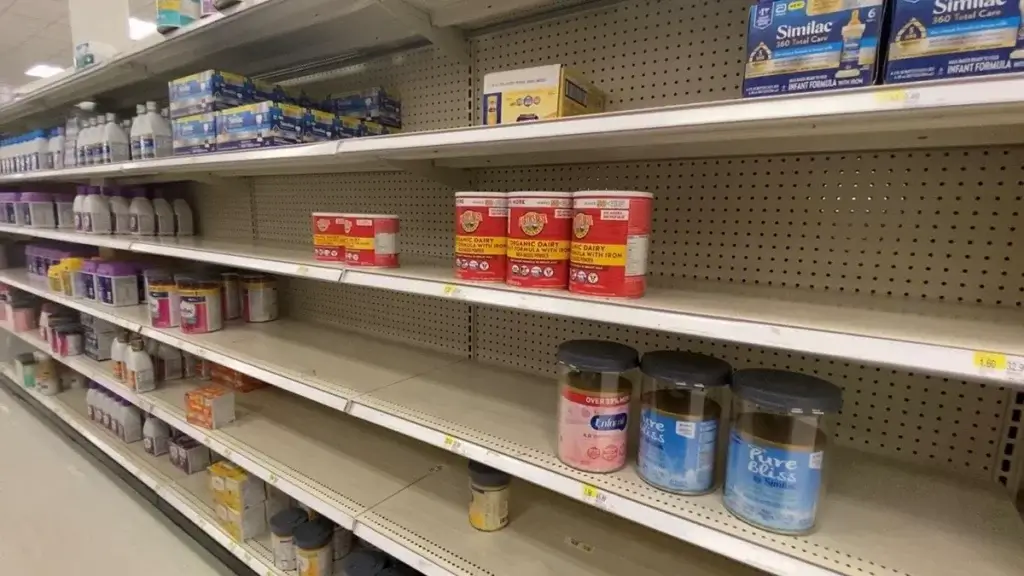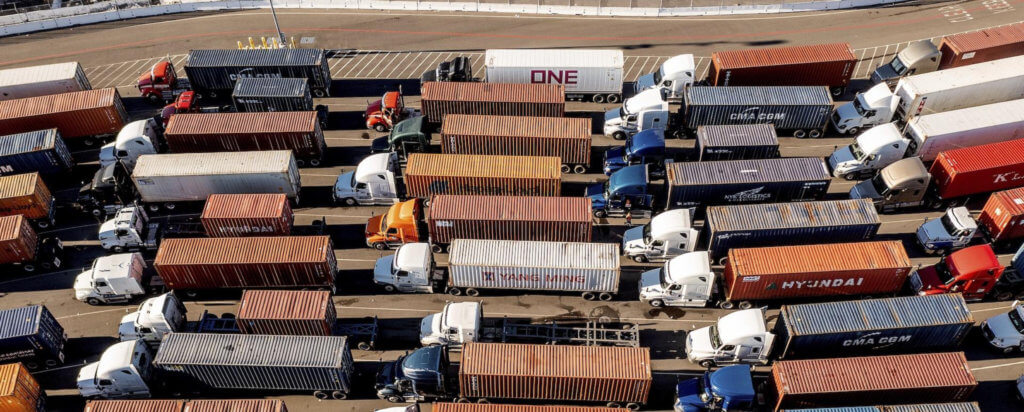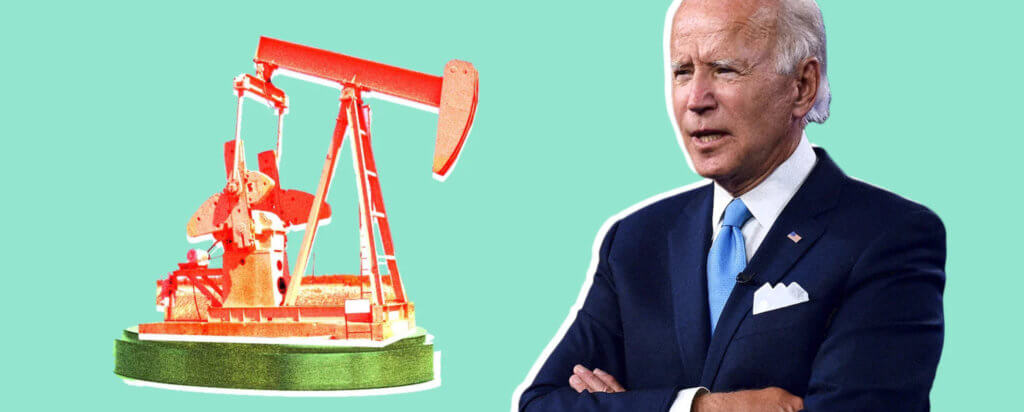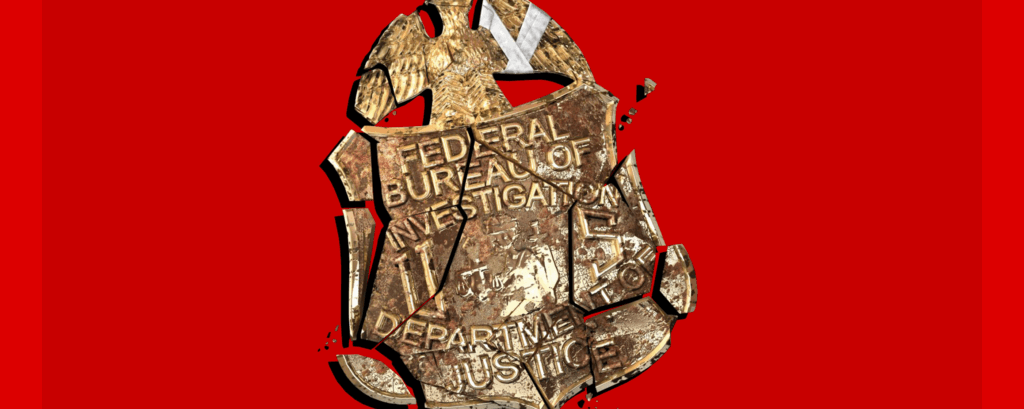Big Bottle: Breaking Down The Baby Formula Nightmare

Big Bottle and the Baby Formula Apocalypse
As anyone with an infant knows, there is a major crisis in the feeding of America’s babies right now, because parents in some areas can’t get baby formula. A few months ago, a major producer of formula – Abbott Labs – shut down its main production facilities in Sturgis, Michigan, which had been contaminated with the bacteria Cronobacter sakazakii, killing two babies and injuring two others. Abbott provides 43% of the baby formula in the United States, under the brand names Similac, Alimentum and EleCare, so removing this amount of supply from the market is the short-term cause of the problem. (Abbott and Mead Johnson produce 80% of the formula in the U.S., and if you add in Nestle, that gets to 98% of the market.) The problem is not, however, that there isn’t enough formula, so much as the consolidated distribution system creates a lot of shortages in specific states.
First, it’s hard to convey what a nightmare this situation is for parents, especially those whose children require special kinds of formula because of gastrointestinal issues or food allergies. “The shortage has led us to decide to put a feeding tube in our child,” said one parent, who simply could not get the specialized formula her daughter needs.
Baby formula is not just food, but the primary or sole nutrition for a vulnerable person in a stage of life in which very specific nutritional requirements are necessary for growth. Baby formula was created during the 19th century as we developed modern food preservation techniques. Before this remarkable innovation, baby starvation was common if a mother couldn’t breastfeed her infant (which happens a lot). The invention of industrialized formula was one of those creations we take for granted, but like antibiotics and other medical and scientific advances, it was one that fundamentally changed parenthood and the family.
This shortage is showing just how reliant we are on industrialized formula. The causal factor behind the crisis is poor regulation and a consolidated and brittle supply chain. Imports from Europe are often prohibited, even if there were excess productive capacity elsewhere. I spent a bit of time calling around to people who work in formula, and the industry is basically on a war footing. Everyone is panicking, because the situation is, in short, a nightmare. – READ MORE




Responses